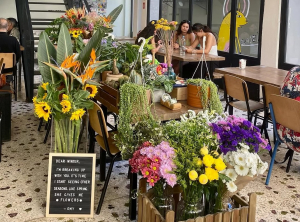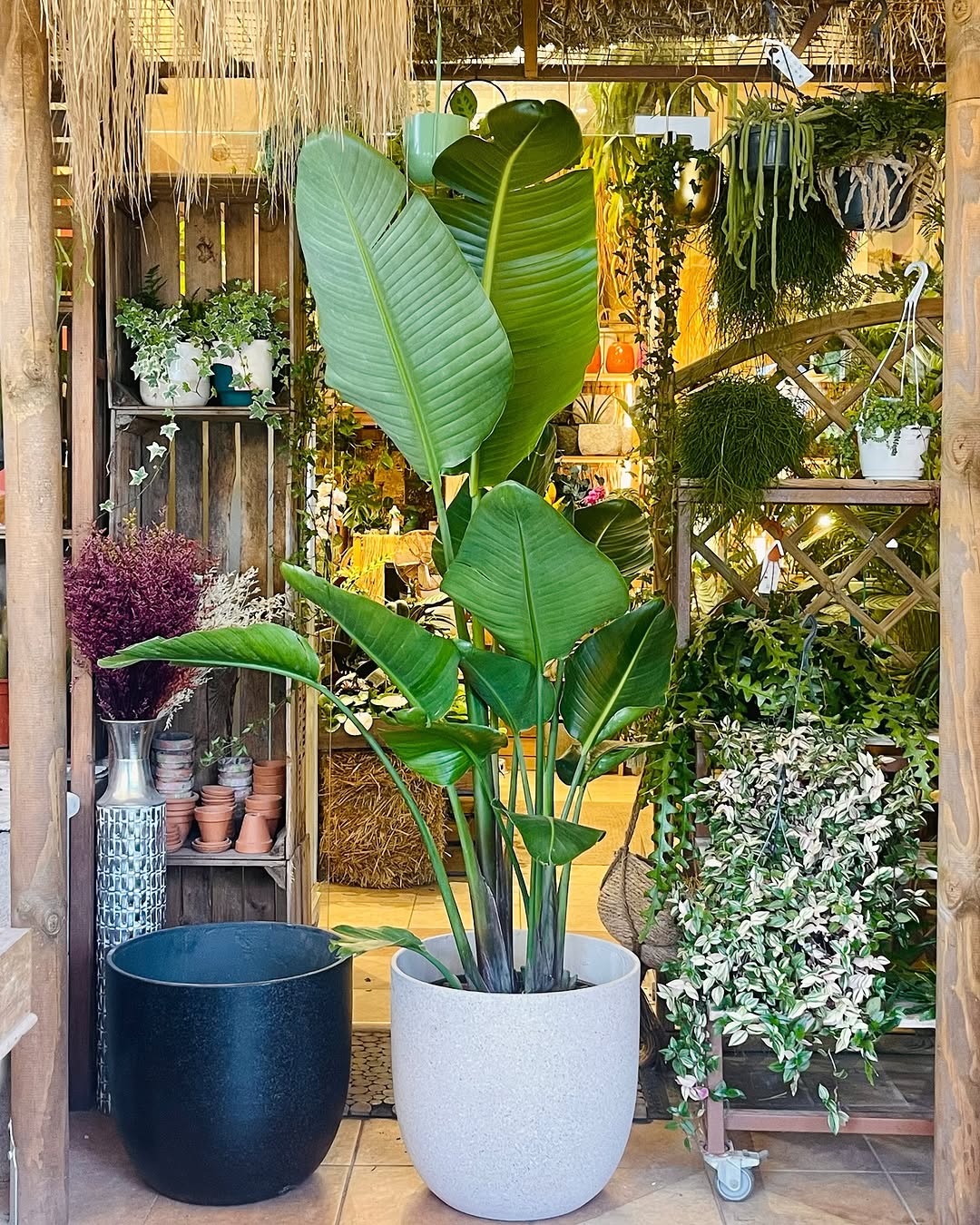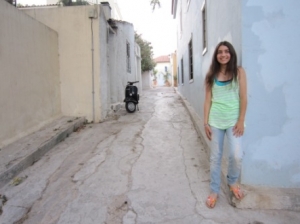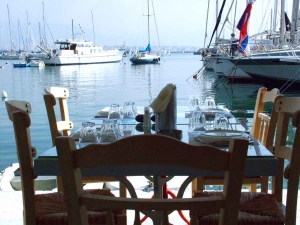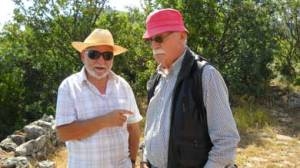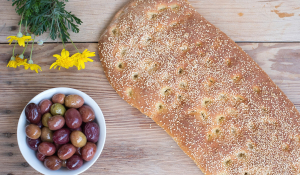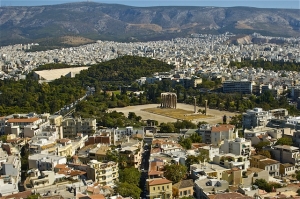XpatAthens
Greeks Abroad Closer To Voting In The Next Greek Election
The implementation of the law on the voting rights of diaspora and overseas Greeks aims to correct any injustices felt by Greeks living abroad. It is worth noting that the Greeks and the Irish, are the only European citizens who cannot vote in their home country from anywhere in the world, even if they are only away for a short holiday on election day.
The Interior Ministry expects that about 300,000 Greek citizens abroad will register to vote in the next election, even though more accurate details and numbers will be available in due time.
The legislation gives all Greek citizens living abroad the right to vote in the next national election providing they can prove that they have lived in Greece for 2 consecutive years in the last 35 years, by presenting a variety of documentary evidence, such as a national service certificate, proof of social security contributions, and degrees from Greek universities.
The main goal of the bill is to give voting rights to the Greeks who were compelled to seek employment abroad during the Greek financial crisis and more broadly those who, despite having left Greece, still have close ties with the country.
Voting will take place around the world, at polling stations set up and supervised by the Greek Interior Ministry. However, to establish a voting station in a region there must be at least 40 registered voters.
Furthermore, it is worth noting that whoever registers to vote from their place of residence will automatically forfeit their right to vote in Greece.
To read this article in full, please visit: ekathimerini.com
All The Details About The 10th Edition Of Navarino Challenge
Spring Weekends At This is Loco

Denia Panagaki x This is Loco – Artist Pop-Up
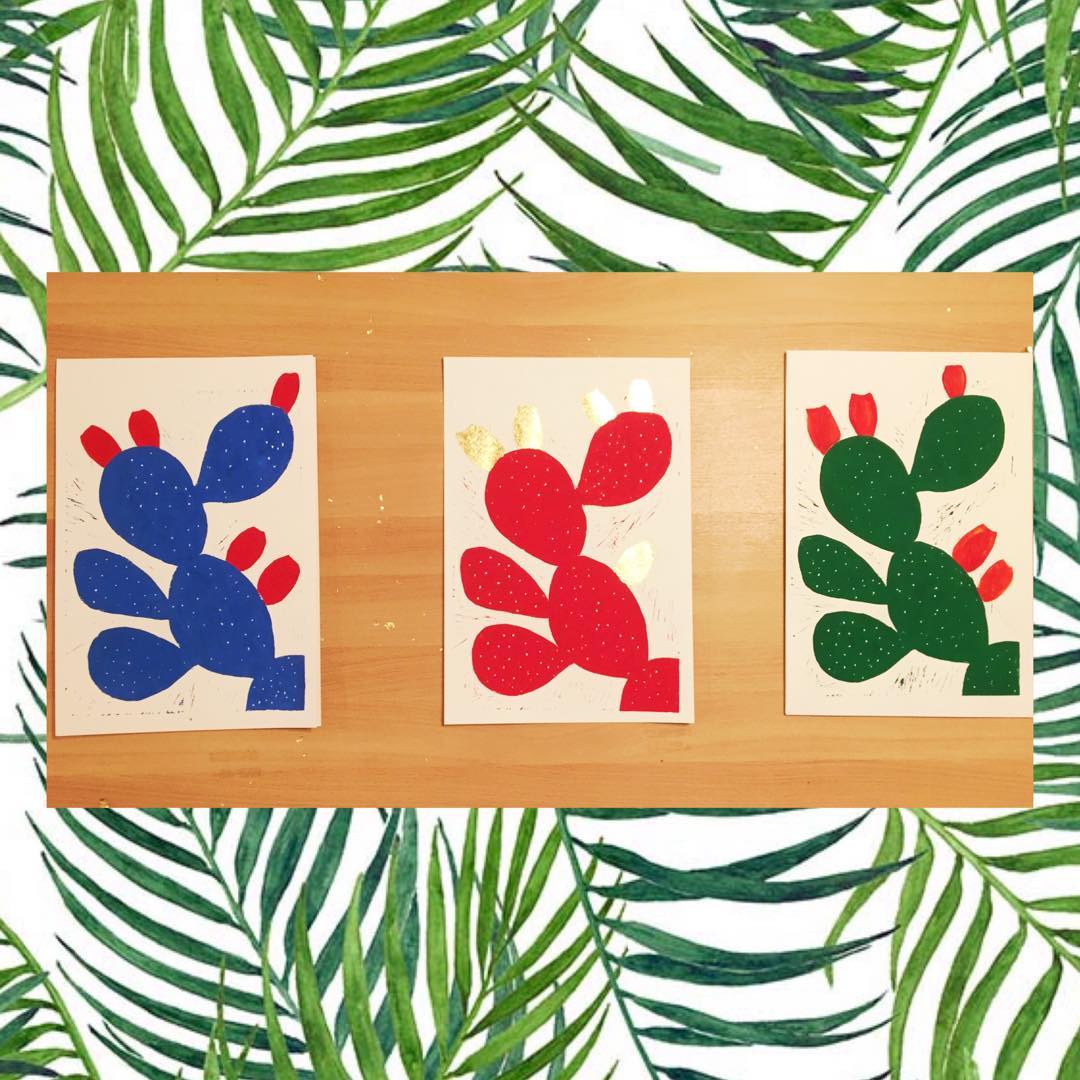
@dedenia
This is Loco is the spot to be this spring. Come hang, browse, sip your favorite drink, and connect with local creatives turning weekends into little celebrations of nature and expression.
My Week in Athens… Jul 26
It’s summer vacation time in much of the world, and Athens is still playing host to lots of travelers from all over. It seems like fewer than other years, especially if media reports are correct – but it still seems like the city is busy and in full summer swing.
One of those visitors was my 11-year old niece, who was visiting for the first time from Toronto. After a 3-week stay in Greece, I asked her to tell me what she thought about Athens.
And this is what she said:
“Athens is alive. Very alive. It has lots of energy. Depending on where you go, you might see old history, ancient places, but also lots of newer things. And the newer parts have lots of stores, with nice cafes and really good food.
I would definitely clean up some graffiti. Some of the trains need a good cleaning, too – and maybe better air conditioning. I’d say Athens is more crowded than Toronto, but I think it looks nicer, more interesting. There are brighter colours, and no tall buildings. The old parts of Athens are nice because they give you a variety of things to look at. More people spoke English than I thought, so it was easy to be understood. “
And what should someone see when they visit Athens?
“The Acropolis, of course. Plaka is great. And one of those Laiki street markets for sure.”
What would you tell people to skip, or not bother seeing?
“I’d tell them to see everything! I really liked everything! But you can skip going to the open air cinema on a hot night before 9pm – you’ll be boiling, and you’ll be watching a movie in total daylight.”
There you have it – I’d say most of us agree with her.
Hope you’re all enjoying summer…
Until next week…
Jack
In this weekly space, keep up with ‘Jack’ as he navigates daily life in Athens… Anecdotes, stories, hits & misses, the good, the bad and, well, the rest…
Ammos Fish Restaurant In Mikrolimano
Click here to see more details on their website
Address: 44 Akti Koumoundourou Street
Phone: +30 210 4224633
Do you have a recommendation or recipe to share? Send it to us at ideas@xpatathens.com!
A European Microcosm In A Peloponnesian Village
In the small picturesque village of Sapounakeika in the Peloponnese’s Arcadia region, residents are preparing to install an ultramodern photovoltaic (PV) system on the roof of the local school. The system will provide heating for the school this coming winter. But this heat-pumping machine means so much more to the villagers.
It was purchased by Sapounakeika’s foreign residents – the majority of whom are European – as a way of saying thank you and expressing solidarity with their Greek neighbors, many of whom are suffering because of the crisis. According to the records of the Municipality of Southern Kynouria, foreigners have purchased 301 homes in the areas of Tyros, Sapounakeika and Melana. The highest concentration of these homes is in Sapounakeika.
This community of foreigners also includes dozens of people who have married and chosen to settle in Greece, as well as others who rent holiday homes.
As a result, this tiny region has transformed into a colorful mosaic of cultures, resembling a small European Union.
“It’s the Europe that we’ve always wanted,” Apostolos Zikoglou, who is based in Germany, told Kathimerini. Zikoglou and his wife, who have bought a house in Sapounakeika, plan to move to the village for good someday.
“Germans, Belgians, Austrians, Dutch, Italians, Danes, Norwegians, French, English and of course Greeks – we all live in harmony here and respect each others’ traditions. If only it were like this in the rest of the world,” said Zikoglou, who left Greece for Germany in 1966.
He studied, married and settled in Germany, but his dream of returning to Greece never faded.
“I wanted to enjoy my country, which remains beautiful despite the crisis. My wife and I traveled around Greece in search of a place where we could permanently settle. And we found it here.” The couple sold their apartment in the Athenian suburb of Palaio Faliro and bought an old house in Sapounakeika.
Foreigners’ sudden love of this region is what has kept the area alive.
“Greeks who went abroad have been returning to invest in the villages where they grew up since the 70s. They have built beautiful homes,” the mayor of Southern Kynouria, Yiannis Triantafilou, told Kathimerini.
The settlement of Europeans in the region provided Tyros and the surrounding area with the boost it needed to withstand the crisis.
“They either bought old houses that had been abandoned by locals – who moved to the coast or urban centers in search of work – or they built entirely new homes. Besides restoring our villages, the foreigners have created new jobs for local craftsmen and builders, and helped reduce unemployment.”
Music teachers from Heidelberg, Scandinavian architects, Dutch scientists and Mediterranean artists have made Tyros a unique and open multicultural community.
“The fact that we found so many different people here who are also incredibly hospitable and unified helped us make the decision,” said Zikoglou.
“We really like it here,” he added. “What’s left for us is to decide whether or not we want to make this our permanent home. You know, it’s strange: When we left Greece decades ago, we left our parents behind. Now we are leaving Germany and leaving our kids behind.
By Lina Giannarou
Lagana–Traditional Bread For Clean Monday
Lagana bread holds a special place in Greek culinary tradition, particularly during Clean Monday, the first day of Lent in the Orthodox Christian calendar. This flatbread's origins trace back to ancient Greece, where it was made from barley flour and served as a staple food.
Clean Monday, known as Kathara Deftera in Greek, marks the beginning of Lent, a period of fasting and spiritual reflection leading up to Easter. Lagana bread became associated with this day as it provided a simple yet satisfying meal that adhered to the fasting guidelines, which prohibit the consumption of animal products, including dairy and eggs.
One notable feature of lagana bread is its texture, which is dense yet soft. It is traditionally baked without the use of yeast, resulting in a slightly crumbly consistency. Moreover, lagana bread is unique in that it is not sliced with a knife. Instead, it is torn by hand into irregular pieces, symbolizing humility and mindfulness during the fasting period.
For a tasteful recipe for lagana bread, please visit: dianekochilas.com
Serendipity Magazine - 5th Issue
Traditional Greek Galaktoboureko Recipe
June 21 - Staying Connected
Please click HERE to view this issue of our newsletter!




